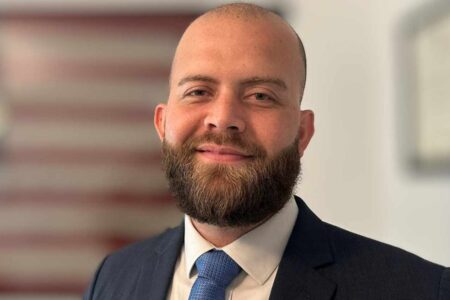
Share On Social!
More and more Latinos are heading to college than ever. In looking for innovative ways to help all students succeed, colleges should take closer looks at some of the best practices that have helped Latino students in particular find success, Excelencia in Education said.
Studying the gaps in educational attainment between Latinos and other groups and the ways several colleges with large Latino enrollment groups have sought to help them, Excelencia in Education has found that these innovations don’t have to be based in new technology, but rather in evidence-based models.
One such model, the Pathway to the Baccalaureate Program, created by a consortium of public schools and universities in Northern Virginia, uses a “holistic educational pathway” for student success. The program serves as a network of support for their students, 45% of which are Latino. Using peer, family, and community engagement along with intensive academic advising, the program has found a success rate of 97% graduation and 88% transitioning to postsecondary education.
In order to reduce health disparities, it is critical to address inequities in programs, practices, and policies. Join our site, connect with others, and get involved.
In San Diego, California (29.54% Latino population), the College Success Program at the Barrio Logan College Institute starts preparing children for college in the third grade. This community-based program works with parents and more than 50 schools, organizations, and businesses that support students from grades K-12 on into college. More than 80% of the students supported by the program enroll directly in a four-year institutions and 90% go on to graduate with a degree. The program links “cultural competence and language” with “serving community needs.”
At St. Augustine College in Chicago (28.95% Latino population), the need for Latino and bilingual social workers in the area has been partly filled by the school. The social-work program provides a pathway for two-year students to transfer to four-year institutions, and graduates are eligible for an accelerated master’s degree program in social work. The program accommodates non-traditional students and provides services such as tutoring and free child care.
By duplicating these models, colleges can offer more successes for students of all races, ethnicities, and economic backgrounds.
Read more about these and other programs here.
Read stories similar to this one:
- Latinos in the US have shorter lifespans than in other “wealthy” nations. #SaludAmerica #HealthEquity salud.to/2dIAyyP
- College tuition is rising faster than family incomes. #SaludAmerica #HealthEquity #Education salud.to/2eAozzC
Explore More:
Healthy Families & SchoolsBy The Numbers
142
Percent
Expected rise in Latino cancer cases in coming years




